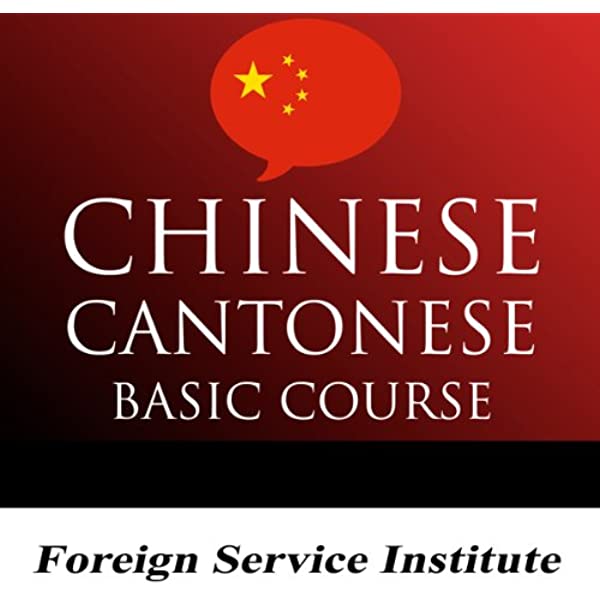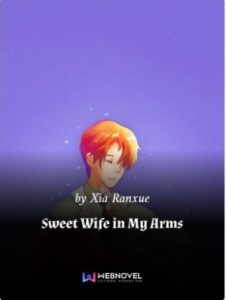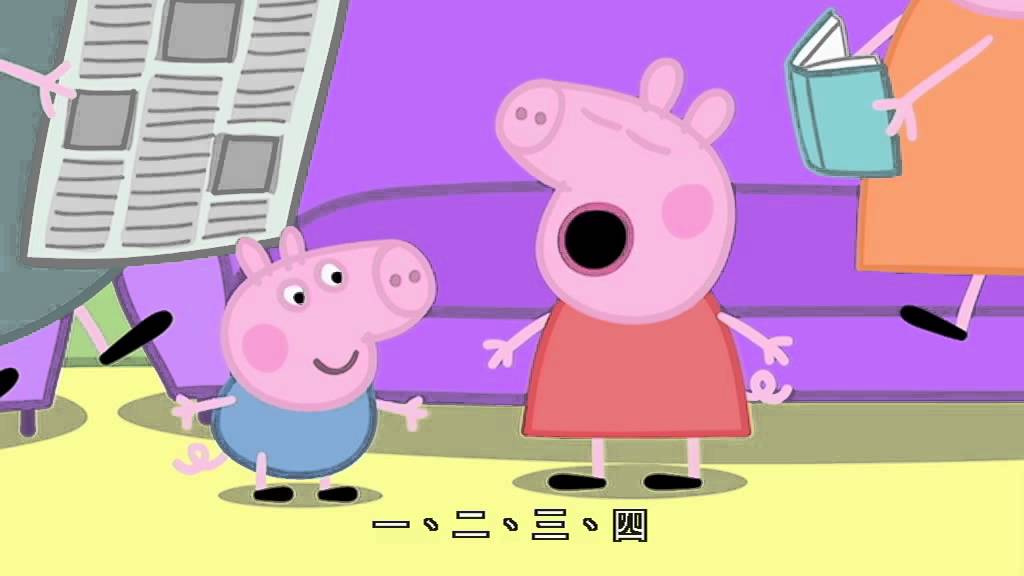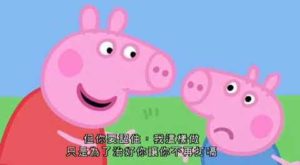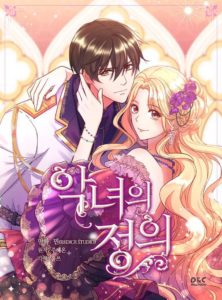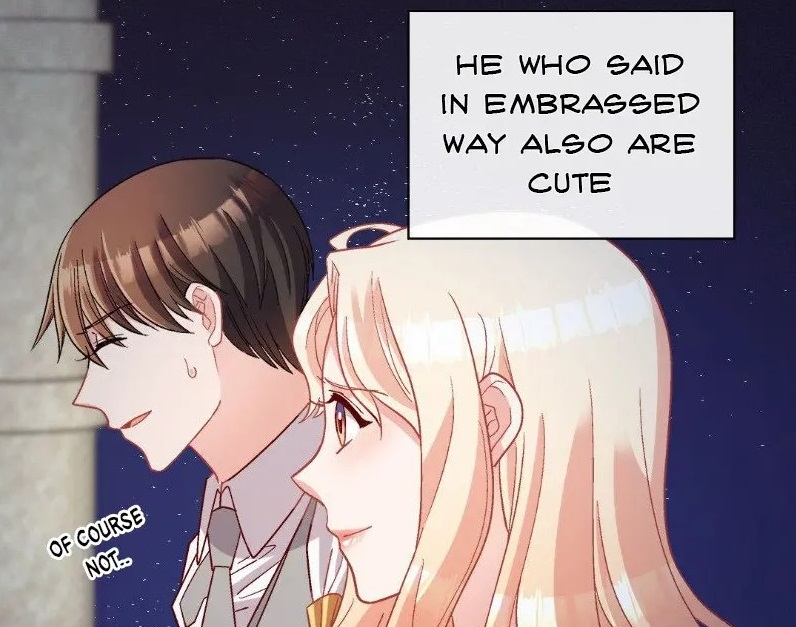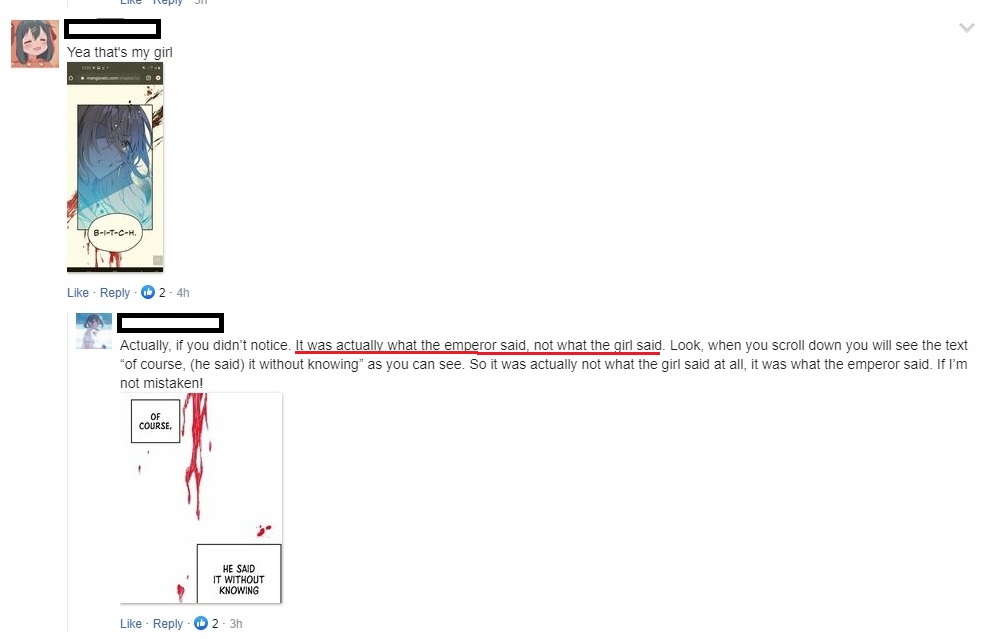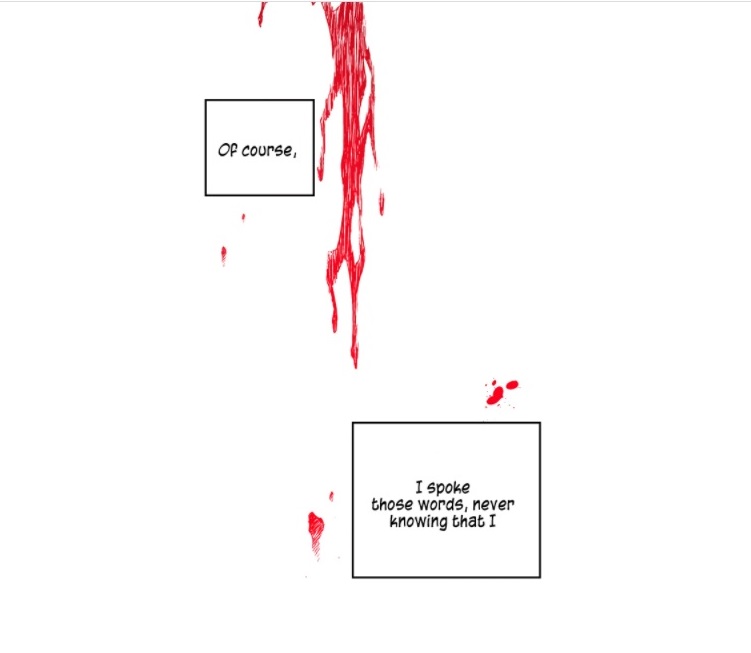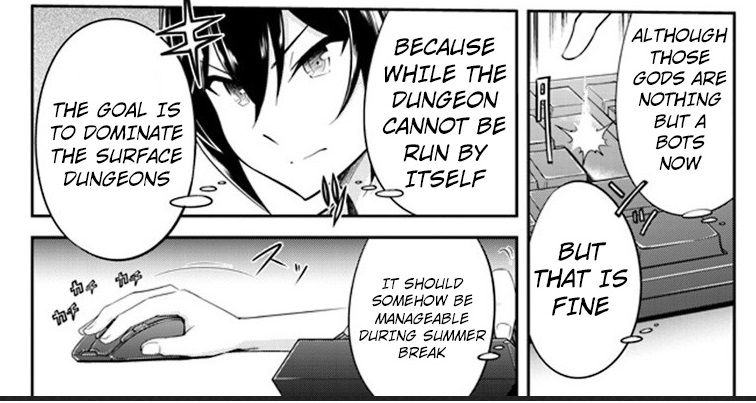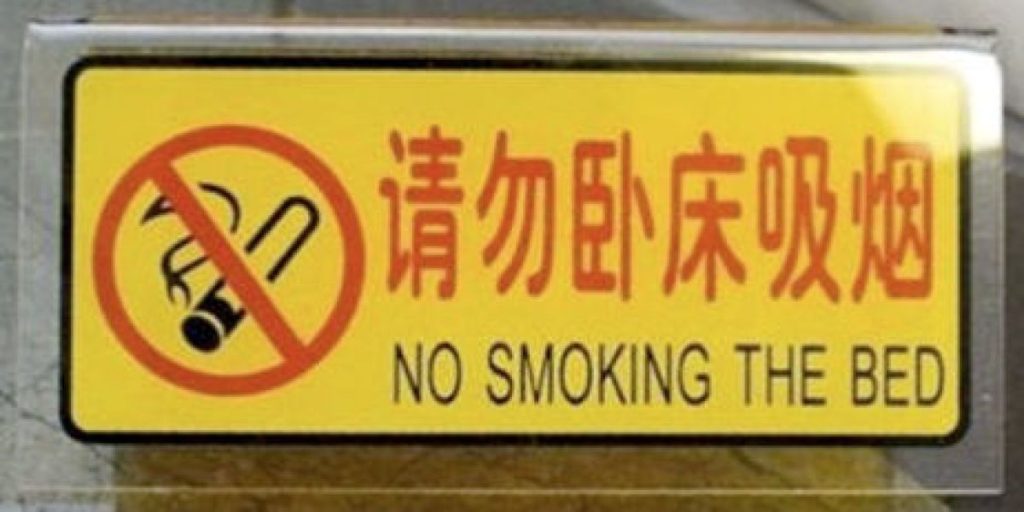 My Son might be a Villain is one of thousands of “instant parent” web novels, where the plucky protagonist becomes the mother of one or several child characters in another world or from a book she read. Usually the children are very young and almost always male when the protagonist is a Chinese female.
My Son might be a Villain is one of thousands of “instant parent” web novels, where the plucky protagonist becomes the mother of one or several child characters in another world or from a book she read. Usually the children are very young and almost always male when the protagonist is a Chinese female.
Honestly I rather dislike those series with their precocious little buns. They’re just so unnatural. And no matter how badly the original mother treated the child, within three or four chapters they’re all over the protagonist, being sickly sweet and oh so intelligent despite being barely in pre-school. I mean all these series are unnatural to an extent, but because I have a lot of toddlers in my life, this really stands out.
Summary (from novelupdates):
Su Ran, a music prodigy, woke up transmigrated into a book.
At that point in time, the main story arc in the book had already been completed. As a villainess female supporting character, not only did she need to take over the original owner’s pitiful life in poverty, she also gained an instant son right at his rebellious period.
Ten or so more years from then, the son would turn into a twisted, evil villain. He would appear in one of the extra chapters to pick on the male and female lead’s children.
BTW, the MTL in the title means “machine translated.” It means I read from around chapter 30 to 100 (final) of My Son Might be a Villain using machine translations which aren’t always accurate. But at least they’re fast and free. You can run the chapters through Google translate or a similar site yourself, but it’s faster to visit a site like mtlnovel which has done all the work already.
Normally I like to wait for human translations, because they are much easier to read and understand. There’s really no substitute for competent human translation, at least not in Chinese to English, and not right now. In the case of My Son might be a Villain, however, the translator only updates a chapter a week, sometimes less, and each chapter is split into small frustrating parts. It will take well into next year to finish reading it, and I didn’t want to wait that long.
And I’m glad I didn’t wait either, because the payoff isn’t anywhere near as good as I’d expected.
Su Han (the son)
My Son might be a Villain is a little better than the usual “instant parent” romance series, because the child (Su Han) in question is 13, not 3. He is also portrayed as highly intelligent and good at sports, but not out of the realm of believability for a 13 year old. He’s not managing a conglomerate or fronting a ninja organization like some of these crazy “little buns” do. He’s not even that wordly-wise, having only the vaguest idea of things like work, business and male-female relationships.
While he does warm up unusually fast to the woman who had been neglecting him for 13 years, he never becomes a saccharine sweet “I wuv yu mum-mum♡” kind of character. He’s actually quite tsundere towards his mother, and almost antagonistic towards his dad, but since I low-key hated his dad as well, I was cool with that. Su Han is the rare bright spot in the series.

Oh, I should have mentioned earlier that there are three main characters in the series: Su Ran, the protagonist, her son Su Han, and the son’s father, Lu Shao. Su Ran and Su Han I like, Lu Shao, not so much.
Su Ran (the mother)
Su Ran is also a bright spot in the series. Even though she is the usual “oh so pretty” Mary Sue character, she doesn’t take it overboard. Sure she is so excellent at music that she makes $60,000 in an afternoon by selling songs, and sure she wins international music competitions despite the original body never playing piano before. But apart from that crazy twist, she’s not super popular or all that well-loved, nor is she exactly smart or resourceful. She’s mostly normal, really.
In the original novel, Su Han’s start of darkness was watching his mother get humiliated and murdered at a seedy party. Once Su Ran manages to avoid that ending and starts paying more attention to her son’s development, the rest of the story is basically fluffy slice of life.
Really. There’s hardly any drama after that, so if you’re reading My Son Might be a Villain hoping for love rivals, kidnappings, jealous families, etc etc, forget it. None of that will happen. Su Ran goes out of her way to avoid the original male lead and female lead of the novel – in fact she never does meet the original female lead.
Su Han doesn’t meet the OG male lead’s children either, nor does he fall in love with his daughter. And since his mother was never murdered, he has no motivation to become a villain either. So he’s just a normal junior high school boy who likes to play basketball.
When the OG male and female lead briefly tangle with Su Ran, the new male lead Lu Shao quickly takes over their businesses and effectively exile them from China about 60 chapters into a 100-chapter novel. Then they are never seen again. Lu Shao has also subdued his other business and family rivals already, so everyone is unfailingly polite to Su Ran and Su Han, end of story.

Lu Shao (the father and male lead)
So I’ve discussed Su Han, and Su Ran, now to the final major character Lu Shao. He’s the one that lets the series down, IMO. Without him, or with a better male lead, I would give it close to 5 stars. With him, it’s maybe 3.5/5. Let’s break down many flaws Lu Shao has.
- He’s the generic “aphrodisiac rapist” we get in Chinese web novels. The backstory is that he was drugged with an aphrodisiac by his rivals in his family 13 years ago. He stumbled into a hotel room where he found a random 15-year old girl passed out on the bed. Due to in-story reasons, this random girl would also have been bleeding heavily from a gash in her head, but don’t let that stop you, Mr. Rapey CEO.
- So he had his way with her, then his employees found him and took him away. Note that he did NOT get amnesia or anything. He just chose not to follow up on her because he somehow assumed that a heavily-injured teenager was part of the conspiracy – or whatever.
- In other words, if he hadn’t randomly met Su Han 13 years later, and if Su Han hadn’t happened to look a lot like Lu Shao, he wouldn’t have bothered to look for him ever again. And in the bonus stories after the main series, the author drafts what happened to the original villain Su Han – and he doesn’t meet his father for at least 10 more years, presumably because old Lu Shao doesn’t bother to look for him.
- Now then, having found Su Han, does Lu Shao bother to build a positive relationship with him? Nope! His first instinct is to just pay the kid’s child support and let him be. Or forcibly take him away from his mother if the mother is bad. Throughout My Son Might be a Villain, you will look long and hard for very rare scenes of Lu Shao seeking to get to know and interact with Su Han for his own sake, and not for the sake of getting into his mother’s pants.
- Yeah, it’s all about getting Su Ran for Lu Shao. And Su Han is just the tool he uses to manipulate his way into her life. Hanging out at their apartment even when she’s clearly uncomfortable, being terse and hostile to the boy (you’ll lose count of the number of times Lu Shao sends Su Han away to “do homework” so he can hit on his mom in peace), and so on.
- Meanwhile Su Ran is so naïve that she takes his interest as interest in her/his son. She’s totally blindsided when he finally makes a love confession and marriage proposal. He keeps up the pressure until she agrees to marry him, then pressures her until she sleeps with him, then pressures her some more until she agrees to have another baby. It’s just pressure and manipulation all the way through.

Having said that, Lu Shao is nowhere near as bad as the typical Chinese CEO character. Despite his pushiness, he doesn’t actually force Su Han or Su Ran to do things they don’t want to. He stops the OG male/female lead as well as the Su family from bothering his new family, and does it so thoroughly that they never show up again.
Furthermore, he doesn’t force them to change schools or residences or jobs but instead tries to incorporate himself into their lives. It’s just that he won’t take no for an answer on the “incorporate himself” aspect, so it can be uncomfortable reading sometimes.
When all is said and done, Lu Shao is the only character who seems truly happy at the end. He’s got the woman he wants, and two more children he seems a lot fonder of. Meanwhile Su Ran seemed ambivalent about him – she recognized he was a good guy (oh really?) and wanted to try to like him. In the end it seems like she does like him, but not head over heels in love with him. You won’t get any blissful “I wuv yu so much hubby-wubby♡” scenes from her. Nor will you get any scenes of her pampering or fawning over any of her kids except Su Han.
Last of all Su Han is the most pitiful of all. He dislikes Lu Shao from the start. And Lu Shao never puts any effort into being liked by the boy instead. It’s clear that if Lu Shao hadn’t taken a shine to the hot mother, he wouldn’t have bothered much with the son either.
So for 13 years Su Han had to deal with a crappy mother. Then just when things took a turn for the better, this guy from nowhere shows up, worms his way into your life using you as an excuse, and takes your mother away. At the end of the series, when Su Han is about 16, he seems more resigned to his lot and satisfied that his mother is happy than thrilled himself. It’s a bit sad, but it’s also something that millions of people with remarried parents have had to deal with, so it’s just part of life I guess.
TL;DR – read My Son Might be a Villain if you want a straightforward, no drama rags to riches kind of series. Especially the kind where a kid’s long lost dad suddenly shows up and is so rich and famous no one can touch him and yet is head over heels in love with his son’s young and beautiful mother. There are plenty of similar Chinese web novels, but this one rocks because of the lower levels of drama and the higher IQs of all characters concerned. Even the antagonists are smart enough to know when they’re outmatched.
The only hitch is the pushiness of the male lead and his unfriendliness towards his son. I’ve seen people online fault Su Han for being rude or a tsundere, but honestly his reaction seems normal for a 13-year old who just had a cold father-figure barge into his life. Read for the romance, not for the family warmth because you won’t get that.
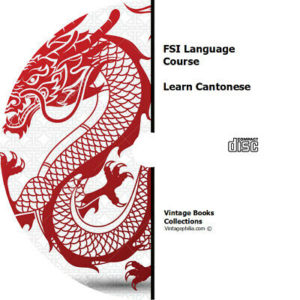 It’s a good resource for reading written Cantonese. I’ve lost track of the number of materials I’ve seen with Mandarin/Standard Chinese subtitles or text. That’s how it’s done on a native level, but it’s not helpful for beginners at all. I mean eventually you’ll have to adapt to listening in one language and reading in another, but in the early stages, a pure Cantonese resource is great.
It’s a good resource for reading written Cantonese. I’ve lost track of the number of materials I’ve seen with Mandarin/Standard Chinese subtitles or text. That’s how it’s done on a native level, but it’s not helpful for beginners at all. I mean eventually you’ll have to adapt to listening in one language and reading in another, but in the early stages, a pure Cantonese resource is great.